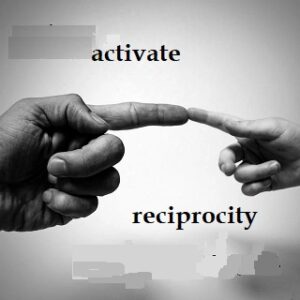
Power and violence
Historically, peaceful peoples or peoples with little defense  structure were dominated by imperialist peoples, often justified by social values or noble causes, but the practice in the end is domination, developed by Max Weber.
structure were dominated by imperialist peoples, often justified by social values or noble causes, but the practice in the end is domination, developed by Max Weber.
In recent history, the ideas of the “sovereign” by Hobbes and the “prince” by Machiavelli started the idea of the State even in the period when there were kings (in England and other countries there are still), and later they were reworked by Kant and Hegel, where the concepts of city-state and citizenship from classical antiquity have been recovered and updated, but this is the idea of modern power.
The idea of democracy in the American sense of the word was developed by Alexis de Tocqueville, which is at the same time a compliment to the American model, but has gaps in interpretation that allow for a critical analysis.
The idea that all power emanates from the people, despite being an ideal model in the broadest sense of the word, is really the final project of idealism, but Sloterdijk notes that the model of “human domestication” has failed, there are two wars in the so-called “advanced” countries. ” and one lurking.
The most recent analyses, which deal with the “de facto” power present in forms of domination and ideological control of populations (ideology here in a broad sense) depart from Michel Foucault’s analysis that there are disparate, heterogeneous and constantly changing forms of how this power is exercised, so it is everywhere and not in an institution or in someone, where it develops the concepts of biopower and micropower.
Byung Chul Han, disciple and in line with Peter Sloterdijk, develops the most advanced form that we have today, which is psychopower, not only through the control of news and fake news, but especially through the relationships that develop socially where there is no reciprocity, what what Chul Han calls “symmetry”.
He says there is no symmetry in any form of power or in communication (so all communication is a form of domination and power), there is only symmetry where there is “respect”. and so the most “violent” form of politics today is to disrespect the adversary in various ways.
This is everyday violence, that it advances to its cruelest form which is war is nothing but a consequence, so violence begins in the actions of psychic violence in everyday life.
As Chul-Han establishes: “power is an asymmetrical relationship. It grounds a hierarchical relationship” (HAN, 2019, p. 18) and it is the basis of all social and political violence, a power that is truly democratic must re-elaborate the symmetry or reciprocity between citizens and the state.
Han, Byung Chul. (2019) No enxame (In the swarm). Brazil, Petrópolis: Ed. Vozes.









